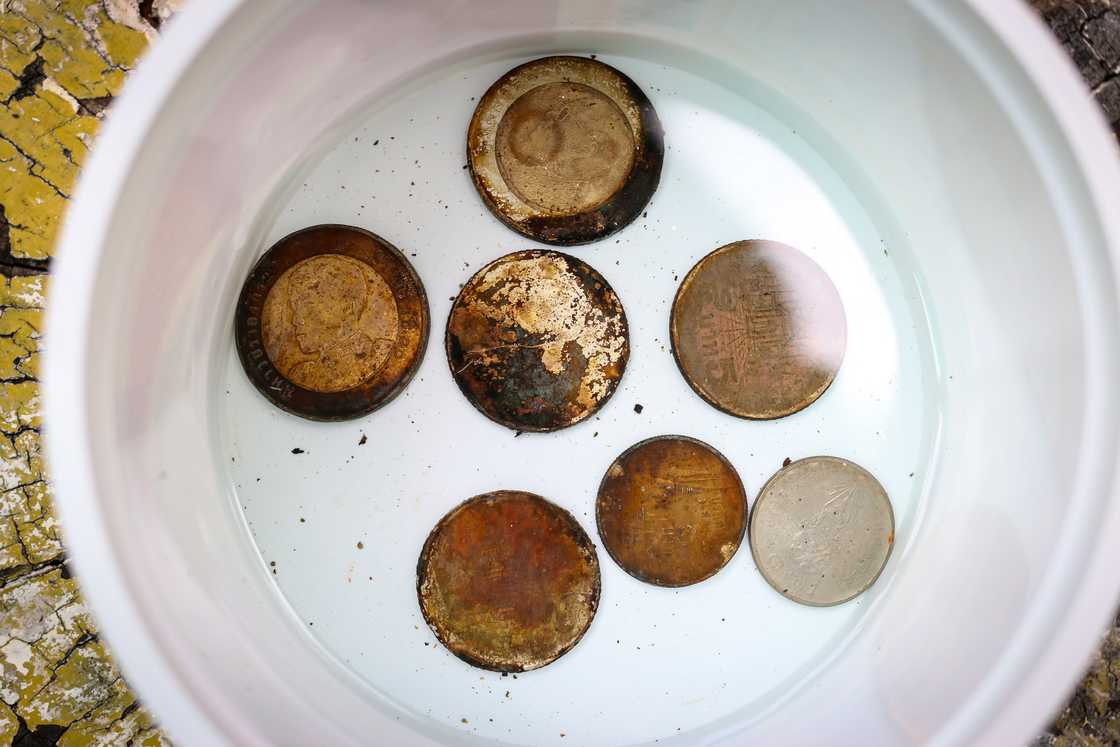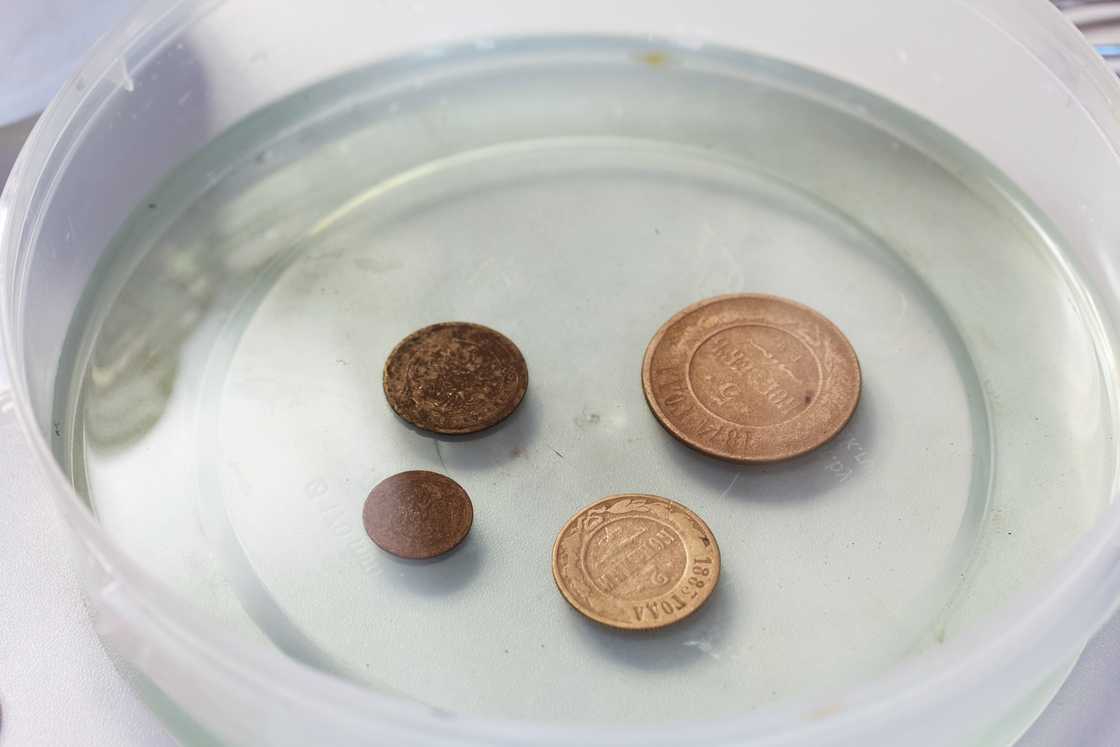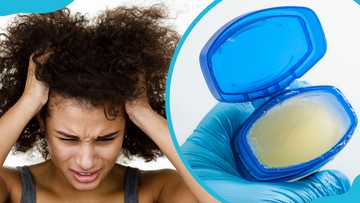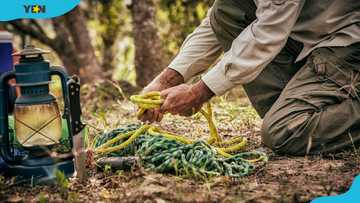How to clean coins with these 7 effective methods to restore their shine
Keeping coins clean is common among collectors and enthusiasts who want to preserve their shine and value. Over time, coins can tarnish or get dirty due to exposure to various elements. Cleaning coins can make a significant difference in the appearance and longevity of your collection. Learn how to clean coins using multiple effective methods.

Source: UGC
TABLE OF CONTENTS
Coins can quickly lose lustre due to dirt, oxidation, and everyday handling. To keep them looking their best, several tried-and-true methods for cleaning coins are simple and effective. Dive into these techniques to discover how to clean coins effectively to restore their shine.
How to clean coins
Due to exposure to various elements, coins suffer from tarnishing, dirt accumulation, and oxidation over time. Household items like soap, baking soda, vinegar, or more specialised treatments, such as commercial coin cleaners, can help restore their shine.
Each method has unique benefits and can significantly elevate the look and longevity of your coin collection. Learn how to clean coins using these seven effective methods to keep your collection in top condition.
1. Soap and water
A soap and water combination removes surface dirt and light grime. Here is how to clean coins without damaging them:
- Combine a few drops of mild soap with distilled water in a bowl.
- Place the coins in the soapy water and let them soak for 5–15 minutes.
- Rub the coin gently with your fingers or a soft-bristled toothbrush to remove dirt.
- Rinse the coins under clean water.
- Pat the coins dry with a soft cloth or paper towel and let them air dry completely.
2. Baking soda and vinegar

Source: Getty Images
Do you know how to clean dirty coins with vinegar? The process is straightforward, but you must create a baking soda paste. Here's a step-by-step guide:
- Mix baking soda and vinegar to form a paste.
- Gently rub the paste onto the coins using a soft-bristled brush.
- Let the coins sit with the paste for a few minutes.
- Rinse the paste off the coins using distilled water.
- Dry the coins with a lint-free cloth.
3. Lemon juice and salt
Lemon juice is best for cleaning coins, as its citric acid dissolves tarnish effectively. However, due to its abrasiveness, the lemon juice and salt method isn't recommended for antique or high-value coins.
- Sprinkle salt on the coin and add a few drops of lemon juice to form a paste.
- Gently scrub with a soft toothbrush for 1–2 minutes.
- Rinse with water and dry.
4. Ketchup scrub
The ketchup scrub is ideal for cleaning copper or silver coins with moderate tarnish. Ketchup contains vinegar's acetic acid and salt's mild abrasiveness.
- Cover the coin's surface with ketchup.
- Scrub gently with a soft toothbrush for 1–2 minutes.
- Wash off the ketchup thoroughly with distilled water.
- Dry with a lint-free towel and let it air dry completely.
5. Cola bath

Source: Getty Images
Cola drinks contain phosphoric acid and carbonic acid, which helps break down grime, tarnish, and oxidation on coins. Here is how to clean oxidised coins with a cola bath:
- Place the coins in a bowl of cola and let them soak for a few hours or overnight for heavily tarnished coins.
- Gently scrub the coins with a soft brush or cloth.
- Rub lightly with a paper towel to polish.
- Rinse the coins thoroughly with clean water to remove cola residue.
- Dry with a soft cloth.
6. Hydrogen peroxide
Hydrogen peroxide is a mild oxidising agent that effectively breaks down dirt, grime, and organic material without being too harsh on the coin's surface. It is safe to use on various coin materials, including copper, bronze, silver, and gold.
- Fill a bowl with hydrogen peroxide.
- Submerge coins and let them soak for up to 24 hours.
- Rinse and dry thoroughly with a soft towel.
7. Commercial coin cleaners
Do you know how to clean coins that have turned black? Commercial coin cleaners work best when removing heavy tarnish. However, due to their highly effective acidic nature, you should assess the value and condition of your coins before cleaning, as they can reduce the value of rare or valuable pieces.
- Select a commercial cleaner specifically designed for the type of coin you're working with (e.g., copper, silver, or gold).
- Follow the manufacturer's instructions on how to apply the cleaner to the coins.
- Use a soft-bristled brush or cloth to gently scrub the coins if instructed by the cleaner's directions.
- Rinse the coins thoroughly with distilled water to remove any residue from the cleaner.
- Let the coins air dry completely before handling or storing them.
Tips on how to clean coins without losing value

Source: Getty Images
Cleaning coins without destroying their value requires careful handling and techniques to ensure the surface or patina is not damaged. Follow these tips for perfect results:
- Consult a professional grader to determine if cleaning is necessary, as patina may enhance value.
- Use gentle methods like soaking in distilled water and gently scrubbing with a soft-bristled brush.
- Avoid harsh chemicals and abrasive materials, as they strip away essential details and reduce the coin's value.
- Always rinse thoroughly with distilled water. Tap water can contain minerals that may leave deposits on the coins.
- Always handle coins by the edges to avoid fingerprints and store them in a cool, dry place to prevent future tarnishing.
What causes coins to oxidise?
Coins oxidise when they react with oxygen in the air, forming a metal oxide layer on their surface. This process, known as oxidation, can cause coins to develop a dull, discoloured layer known as tarnish. Factors such as the metal composition of the coin, environmental conditions (humidity, temperature), and the age of the coin can influence the degree of oxidation.
Which coins are prone to oxidation?
Coins made from metals like copper and silver are prone to oxidation, which can significantly impact the coin's appearance and value.
Can vinegar damage coins?
Using vinegar to clean coins will not damage them. However, continued use can cause the coin's original patina and surface details to wear off, reducing its value, especially if it's a collectable coin.
By following these seven effective methods to clean coins, you can quickly restore the brilliance of your coin collection and maintain its value over time. Whether you're a seasoned numismatist or just getting started, these tips will help you keep your collection looking its best.
Yen.com.gh published a comprehensive guide on introducing yourself professionally in an email. A self-introduction email is an electronic message you send to someone you've never met, including information about yourself.
The best introductory emails must attract the recipient's attention and curiosity to enhance the probability of receiving a response. But how do you write one? Read on to learn how to introduce yourself professionally in an email.
Source: YEN.com.gh






